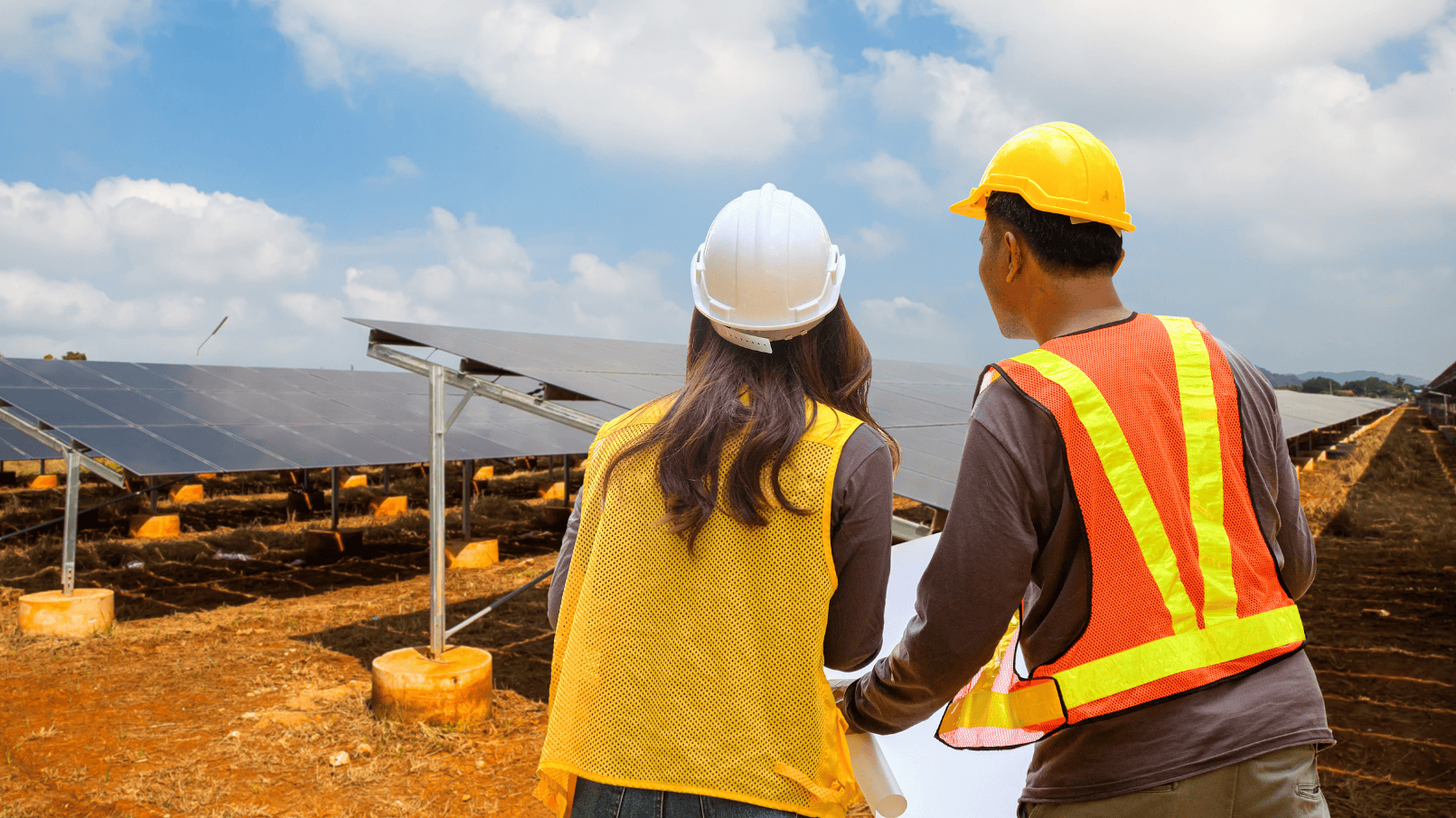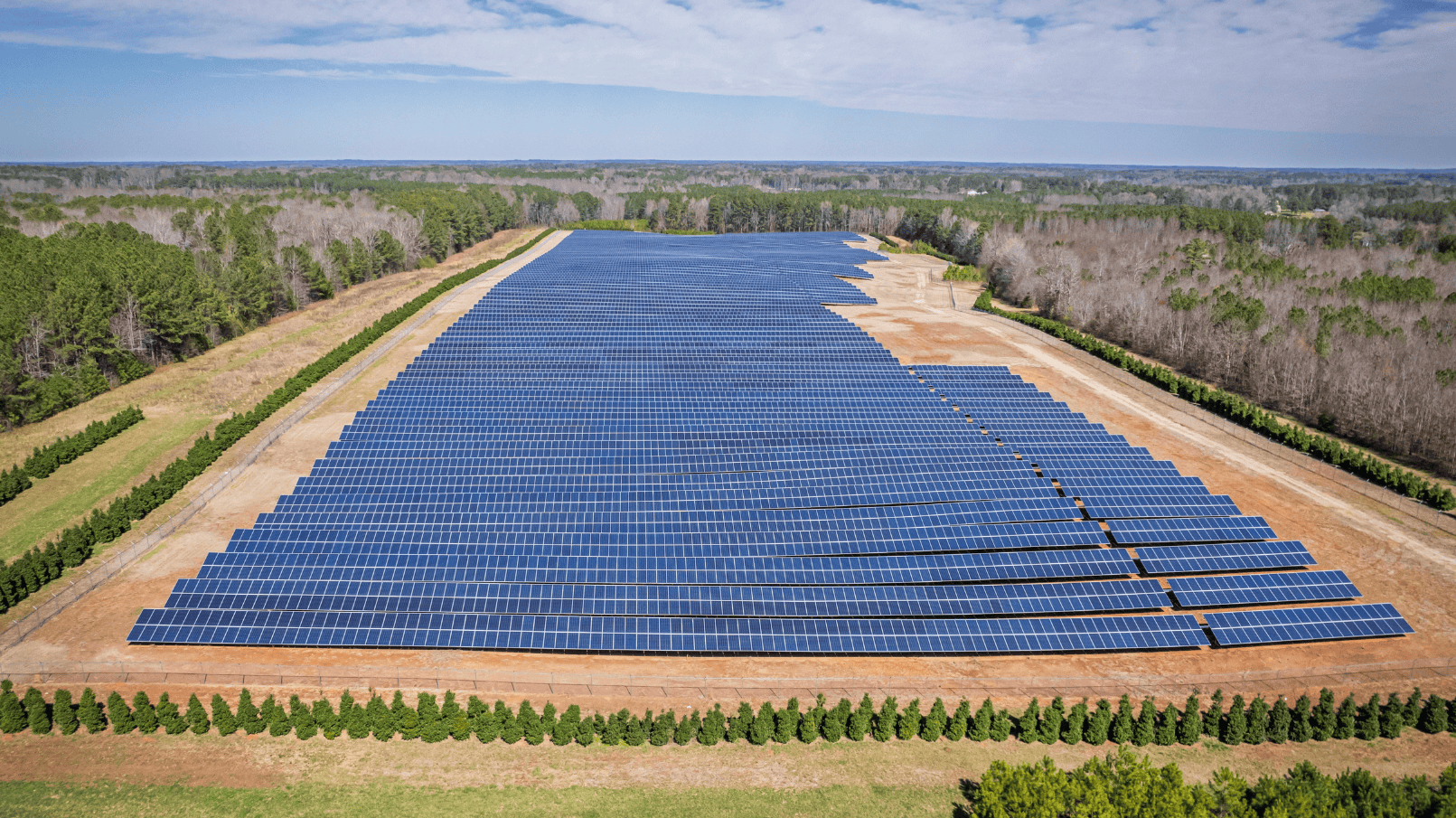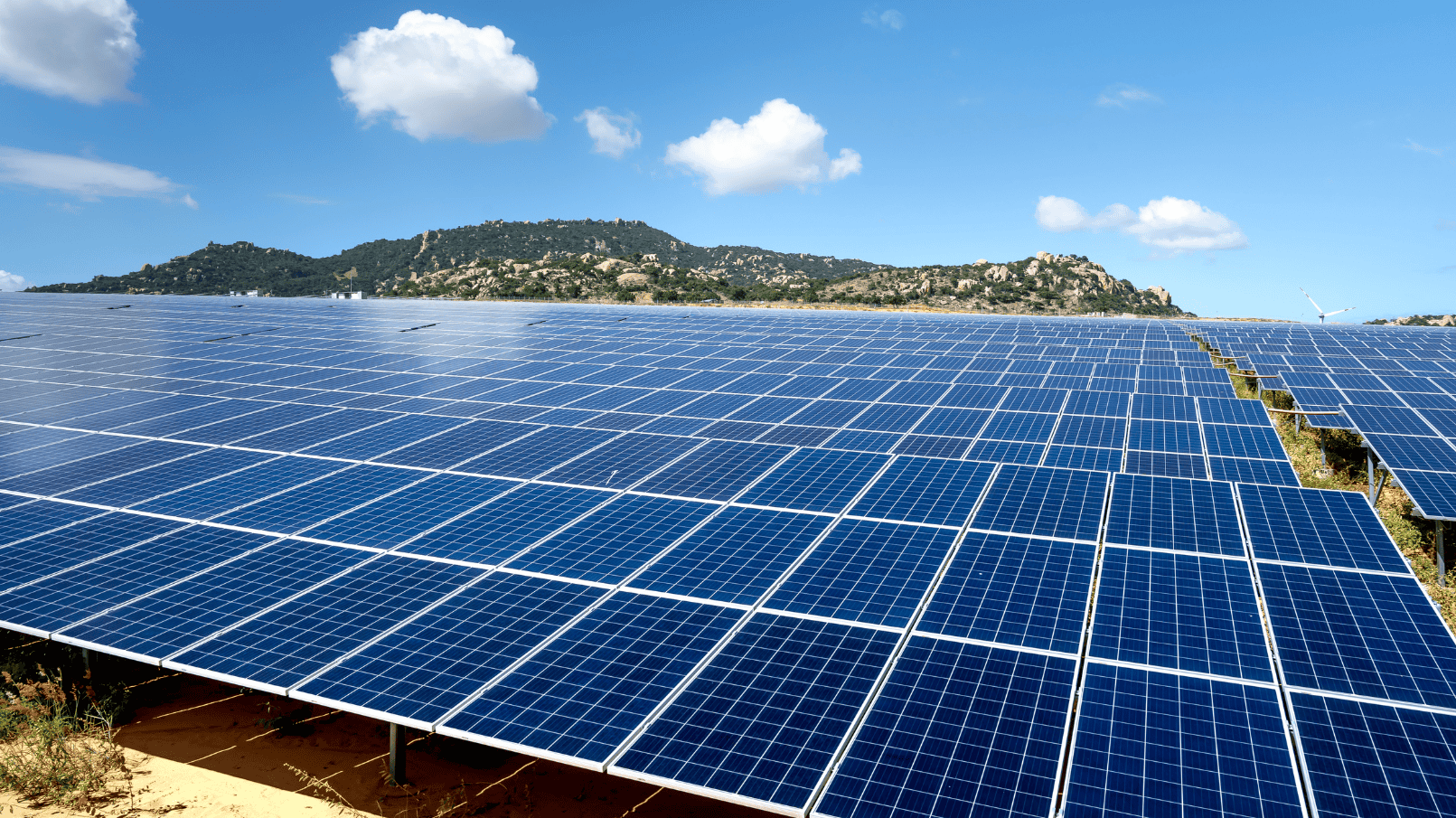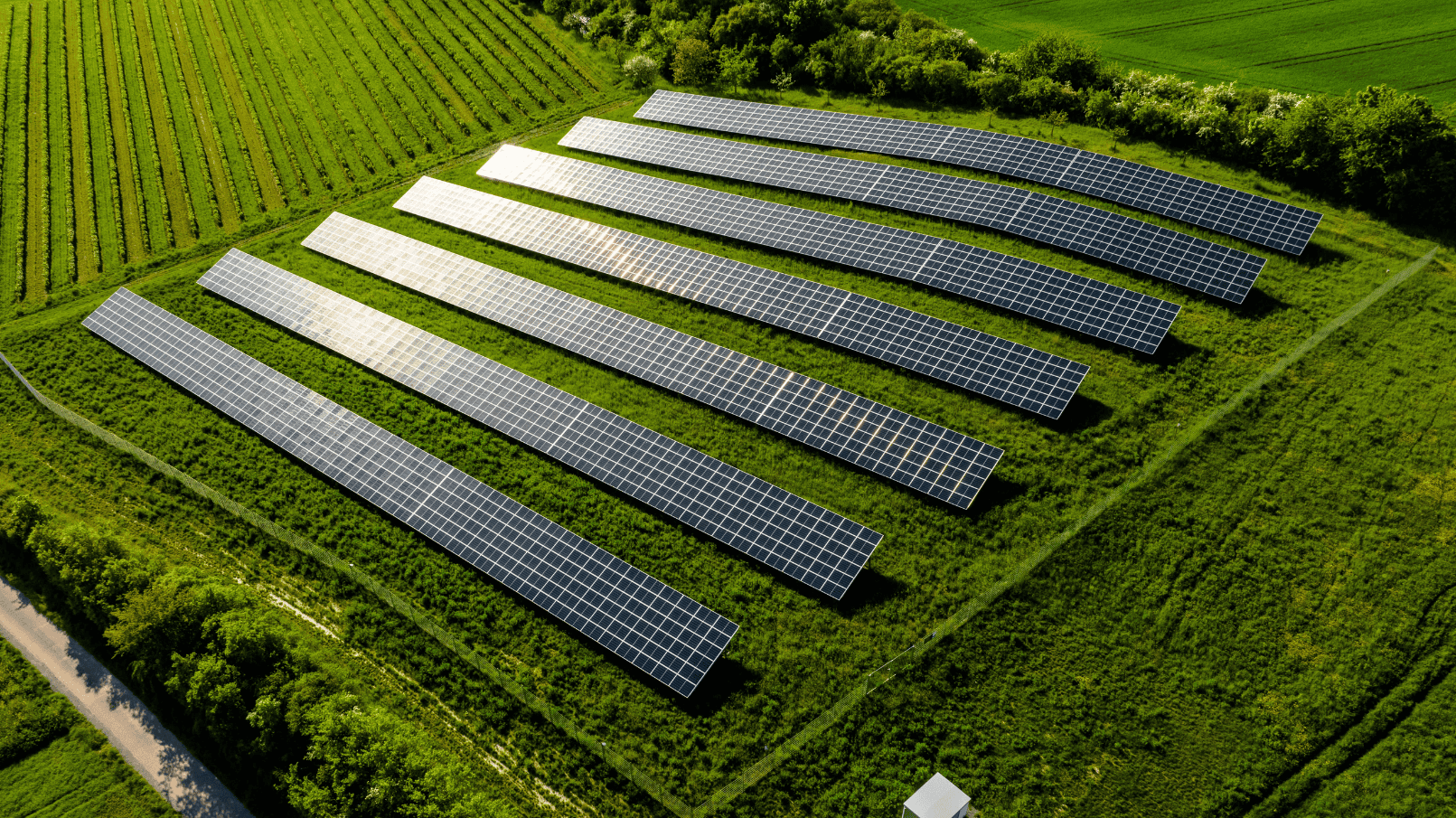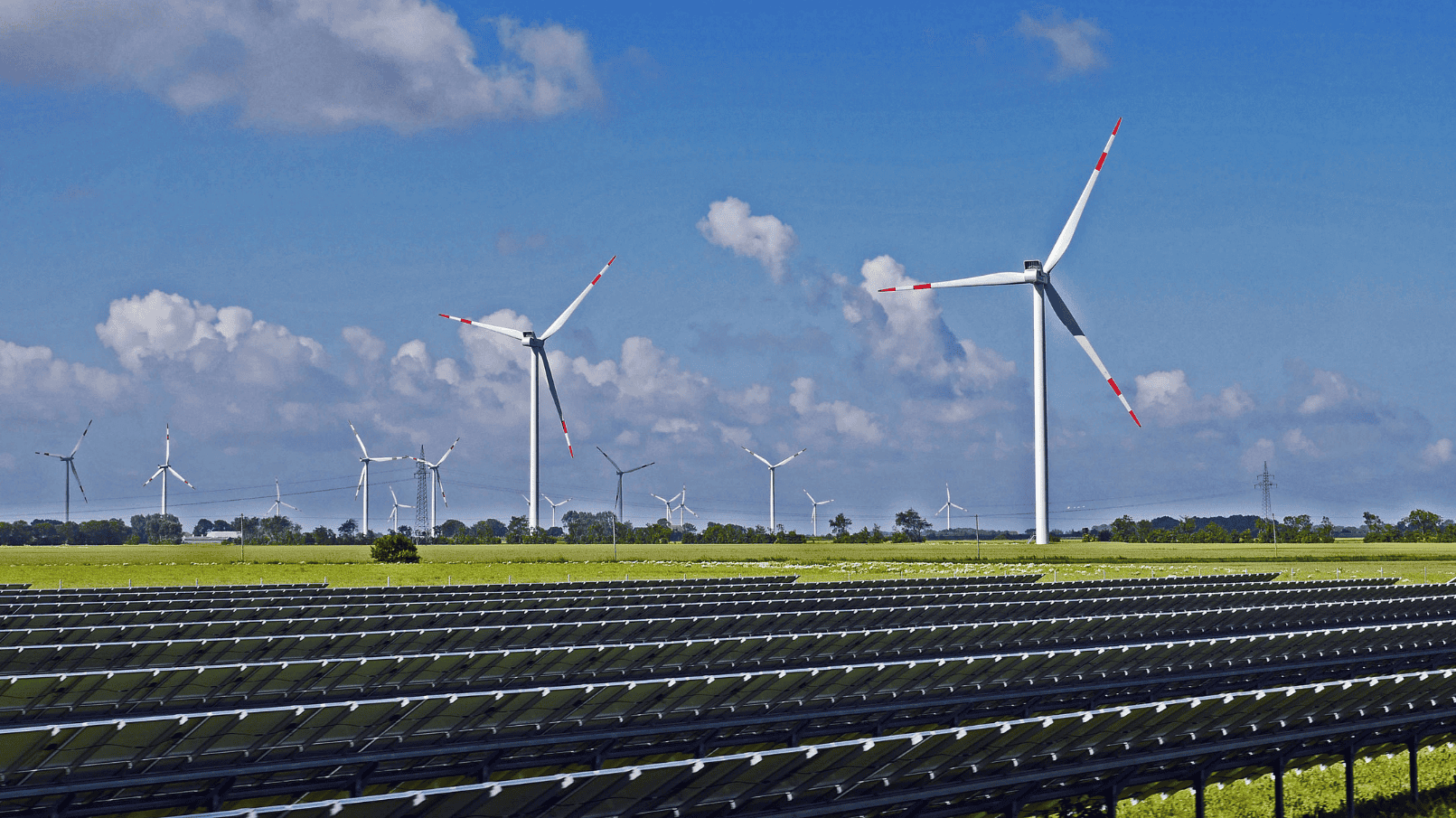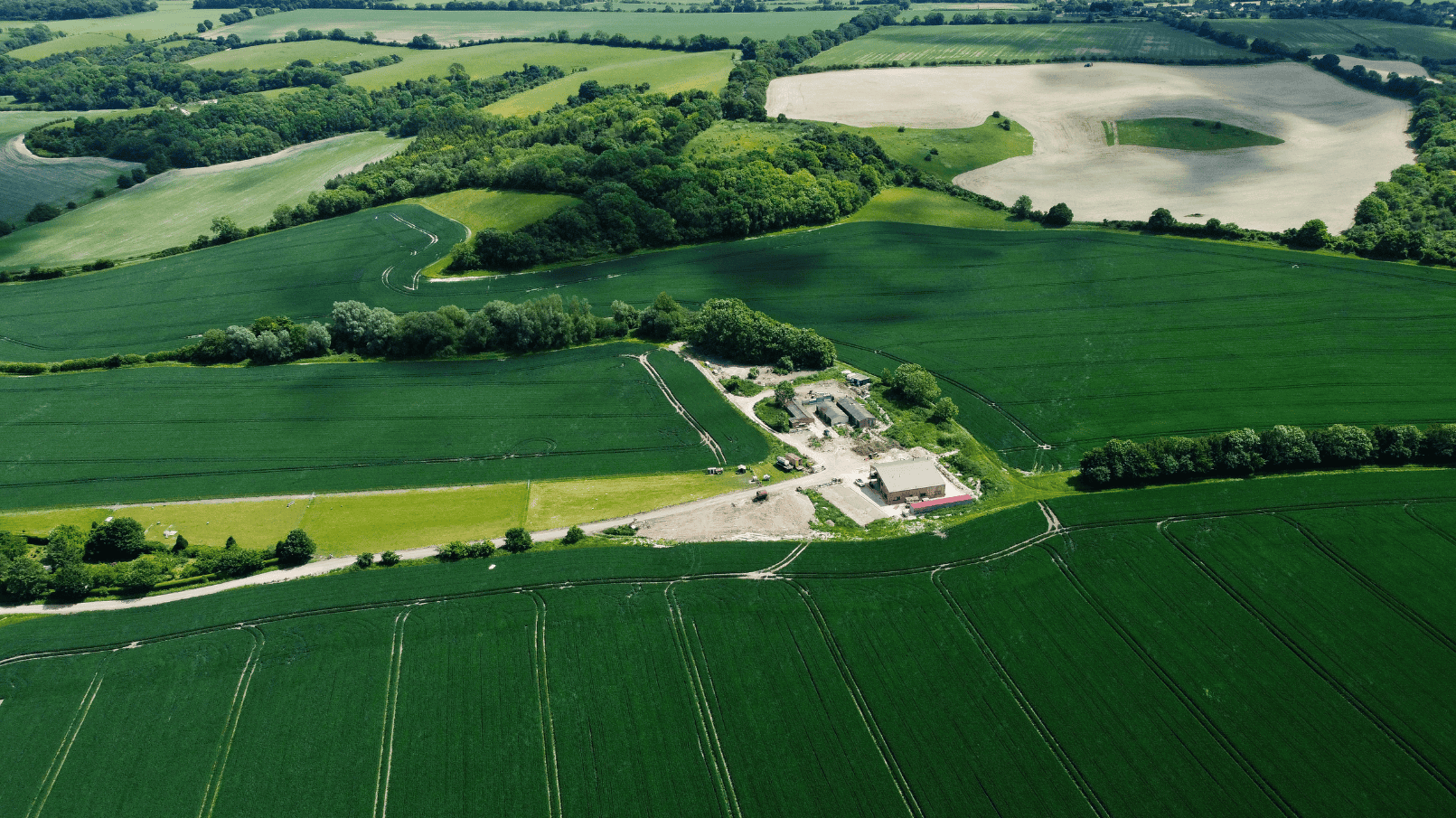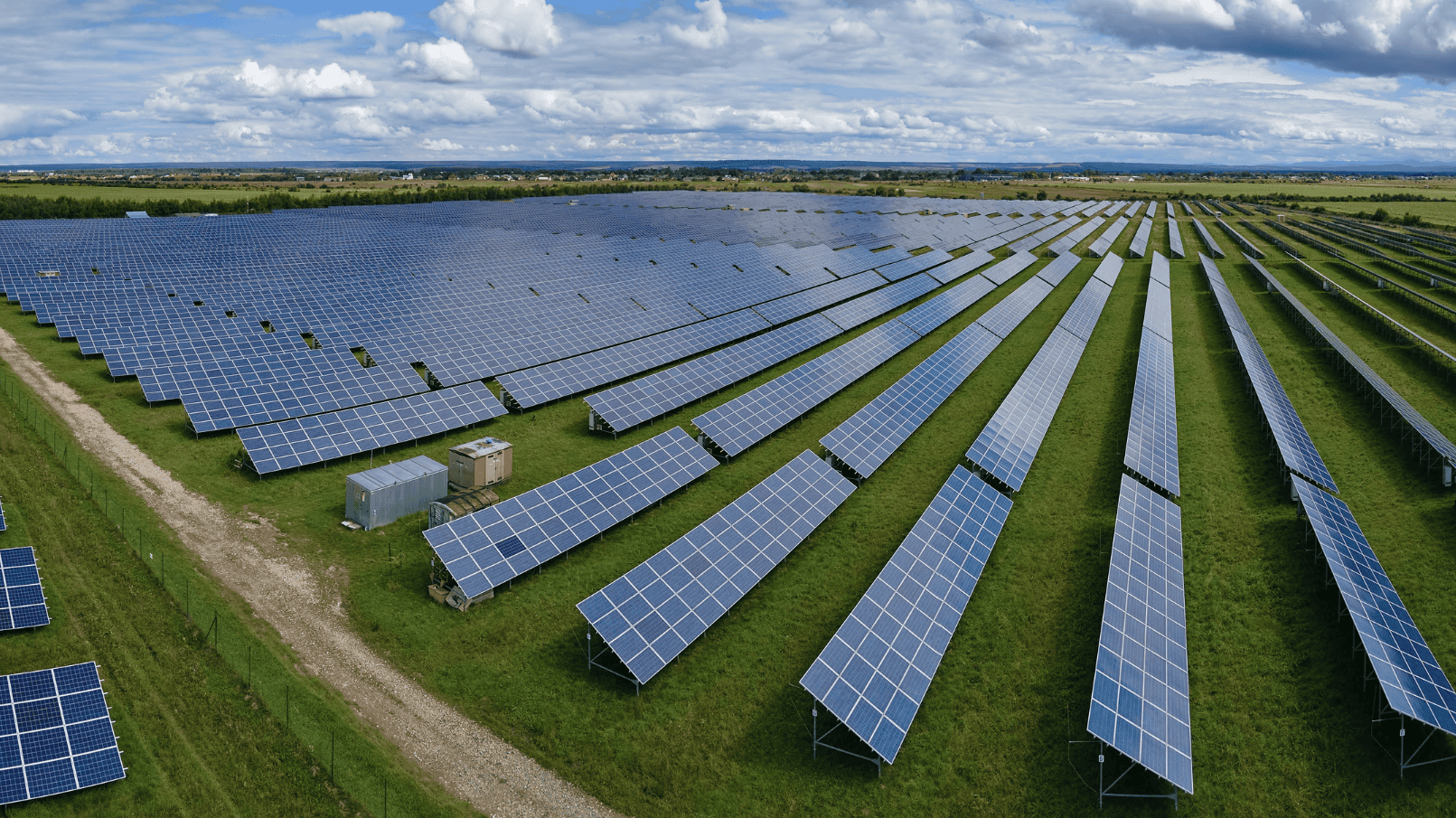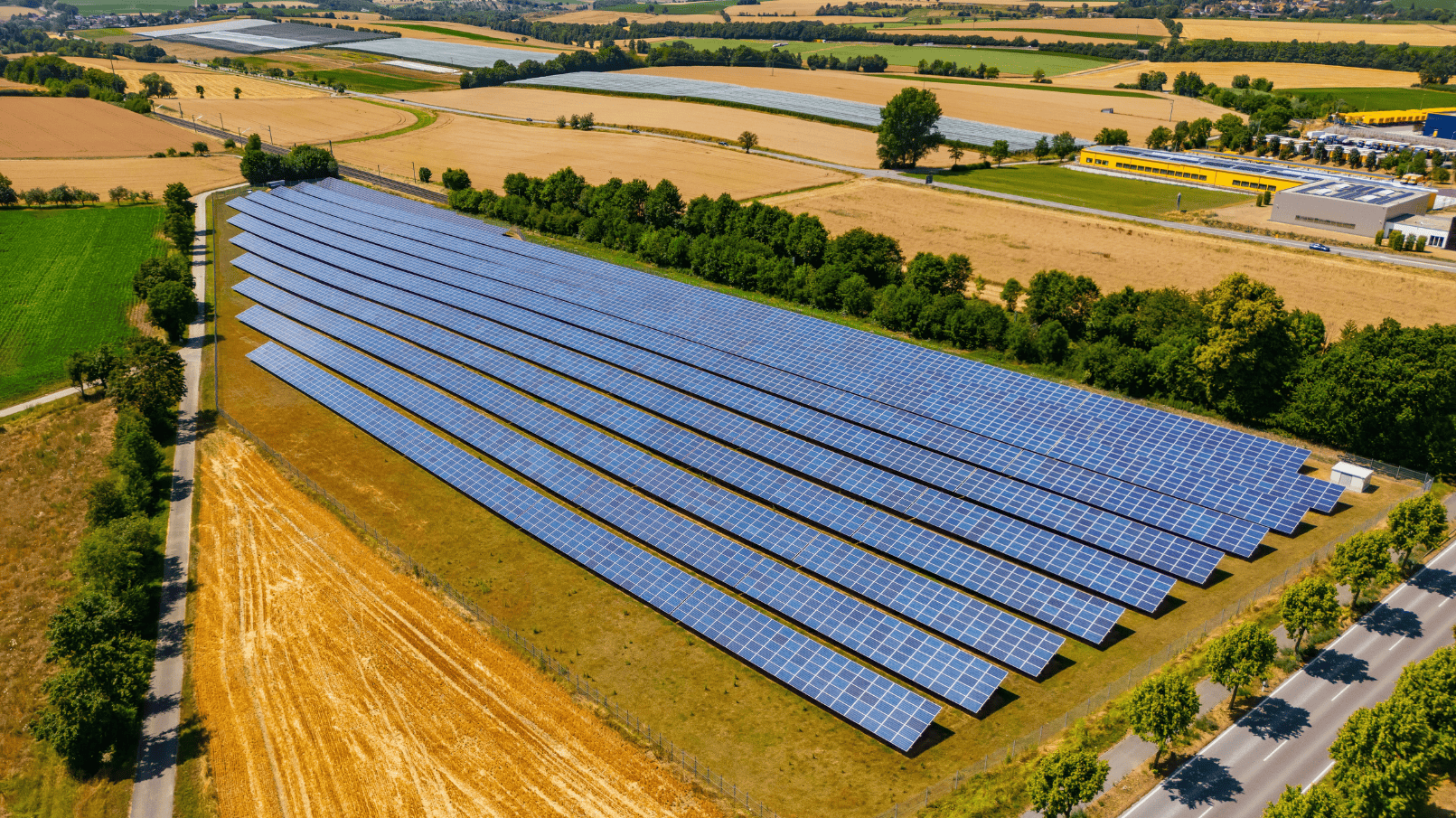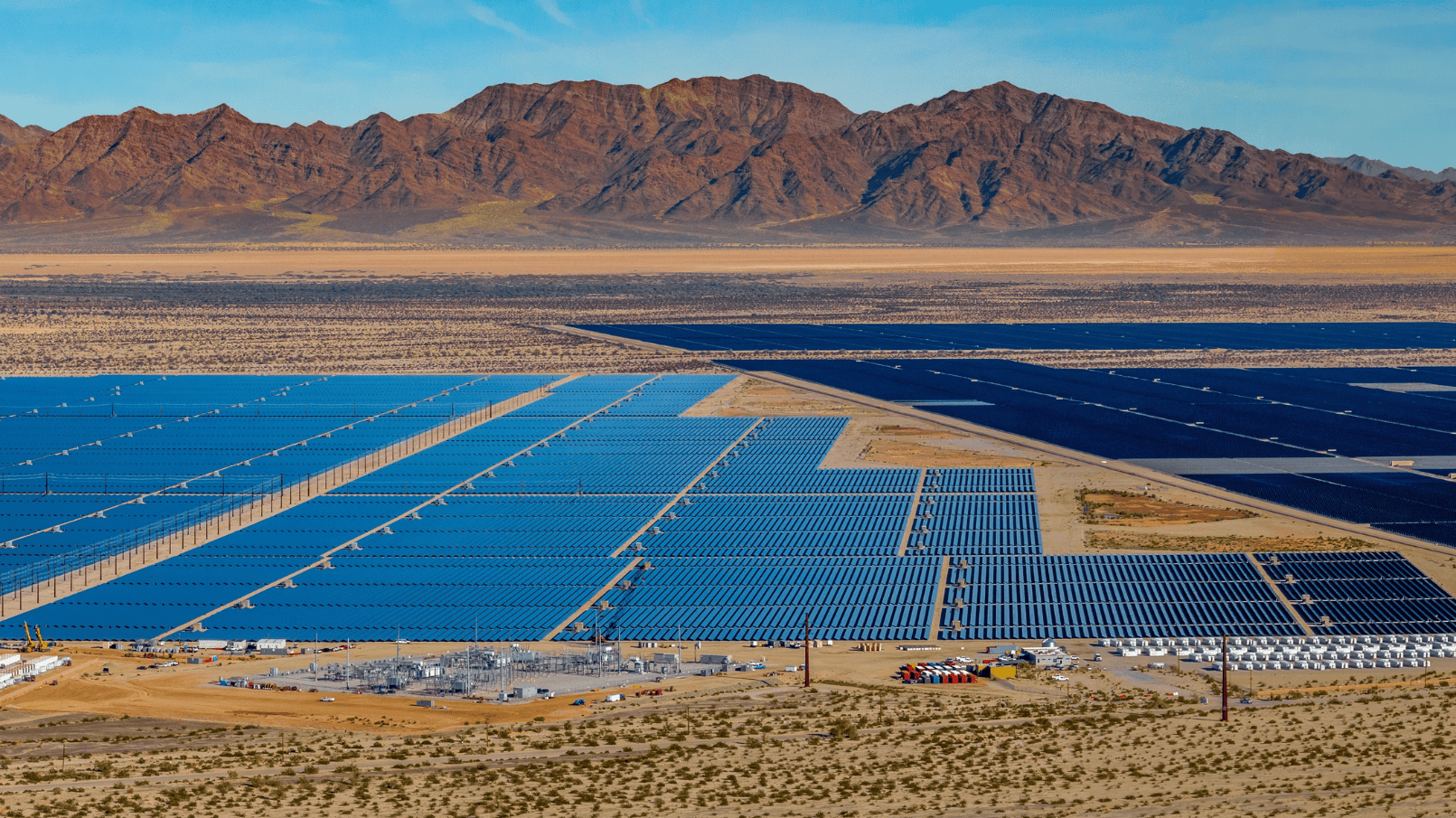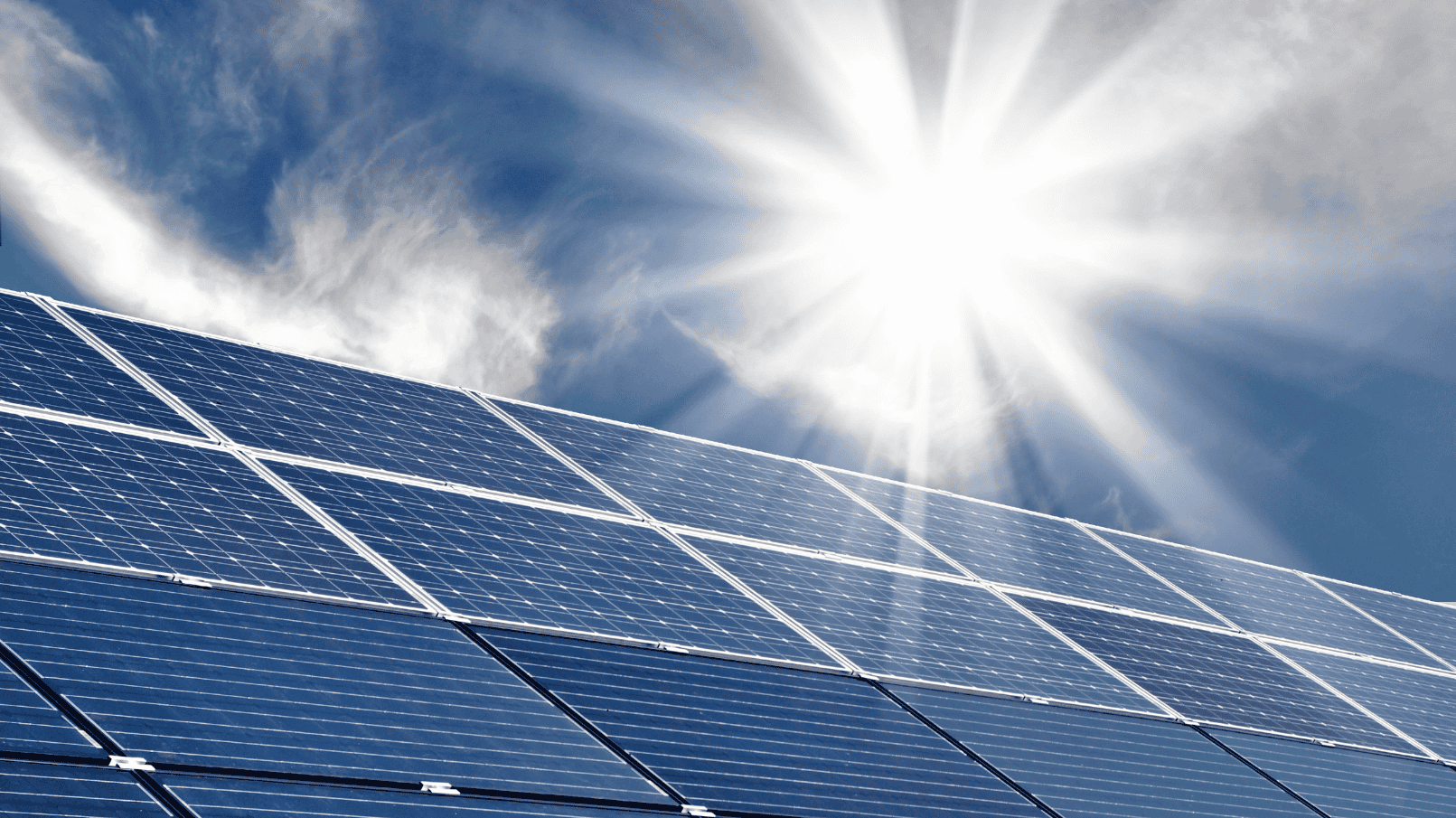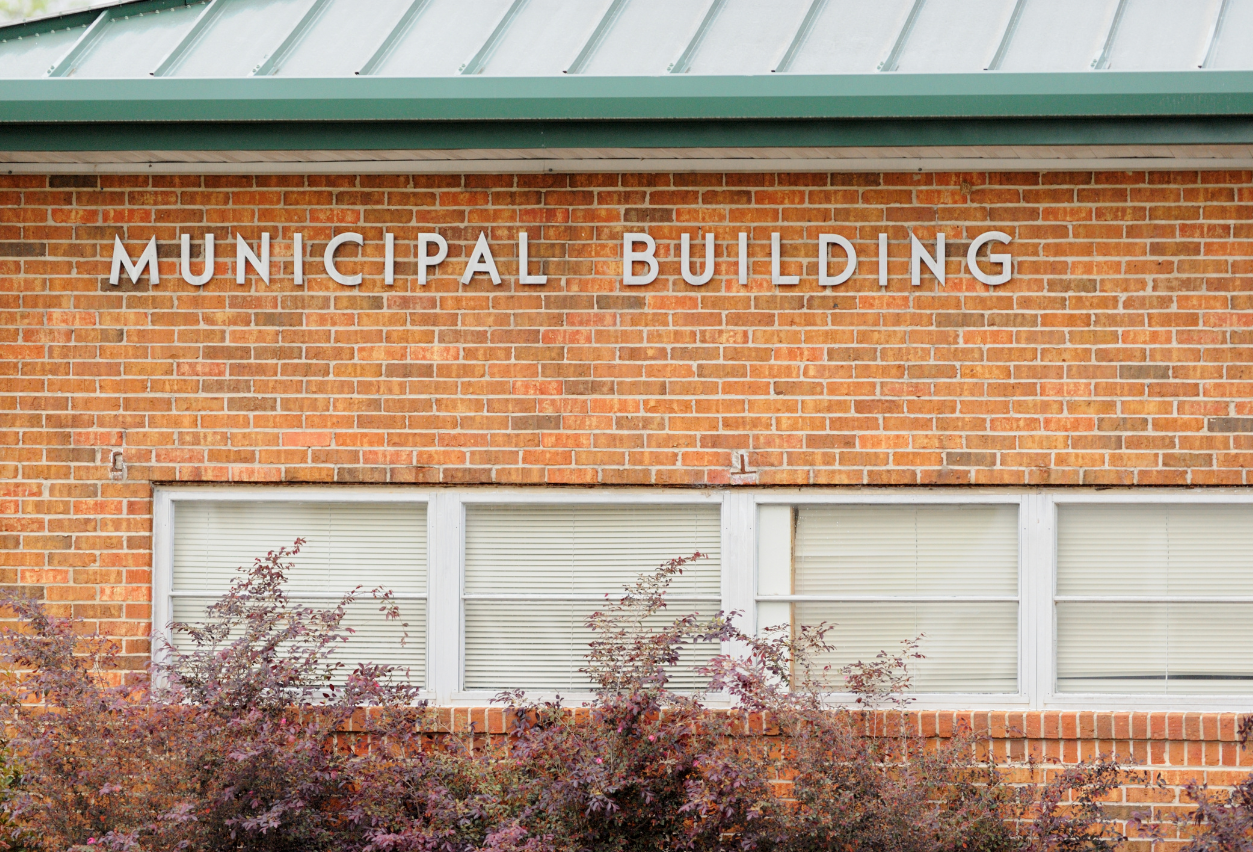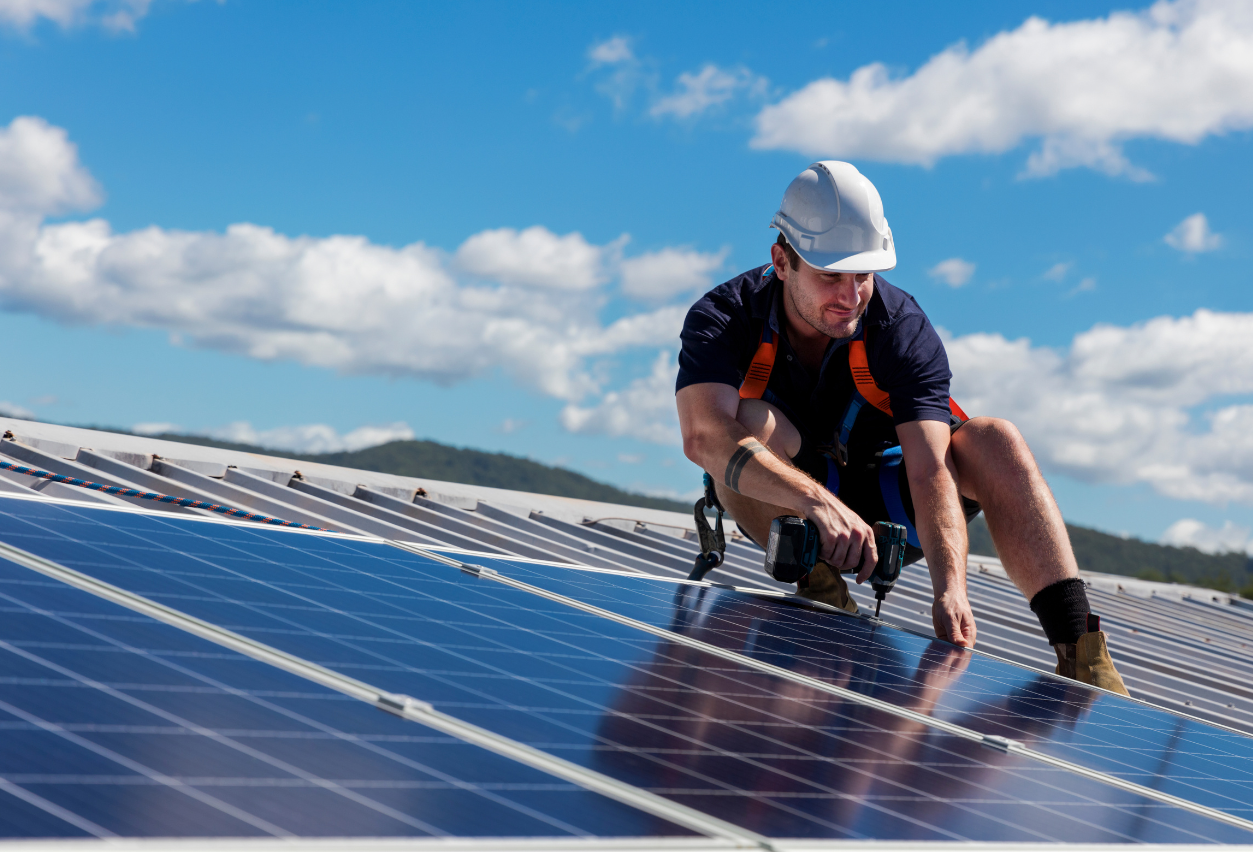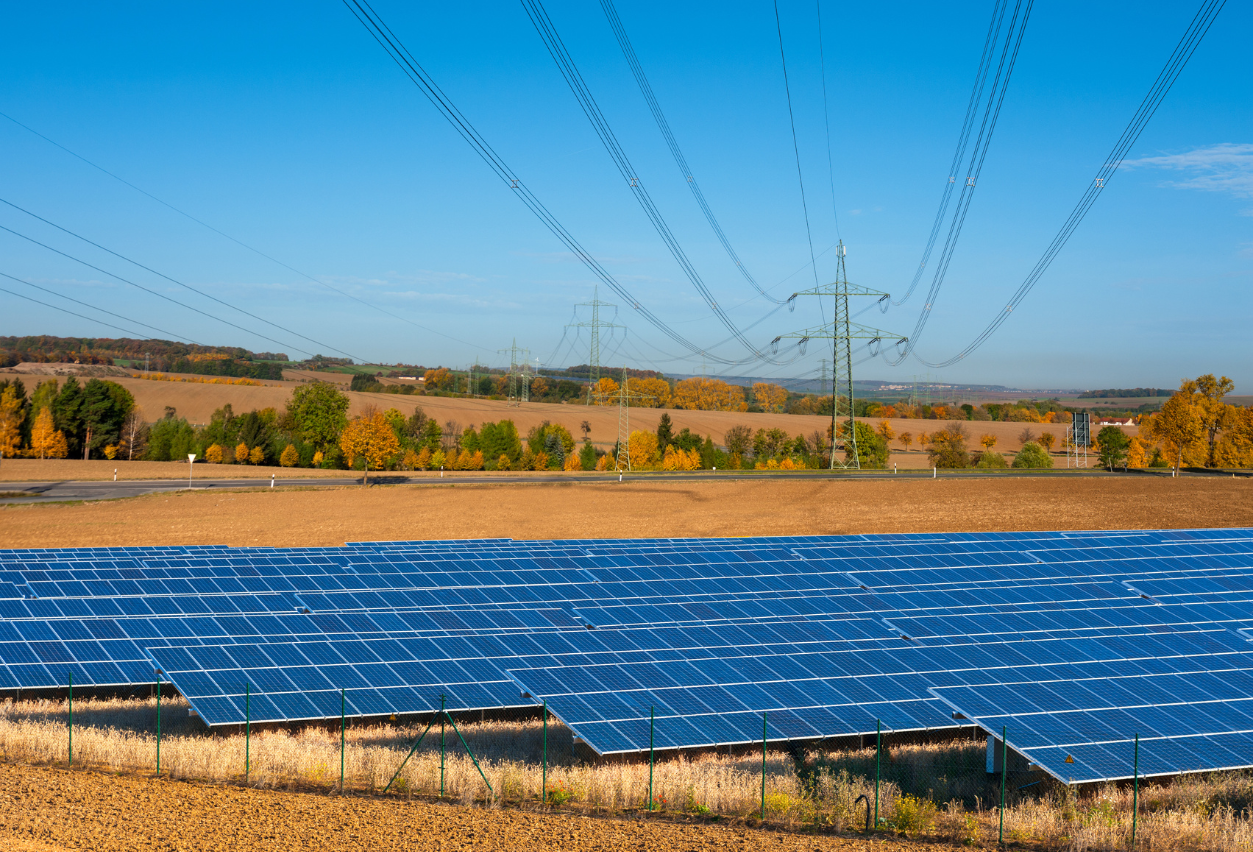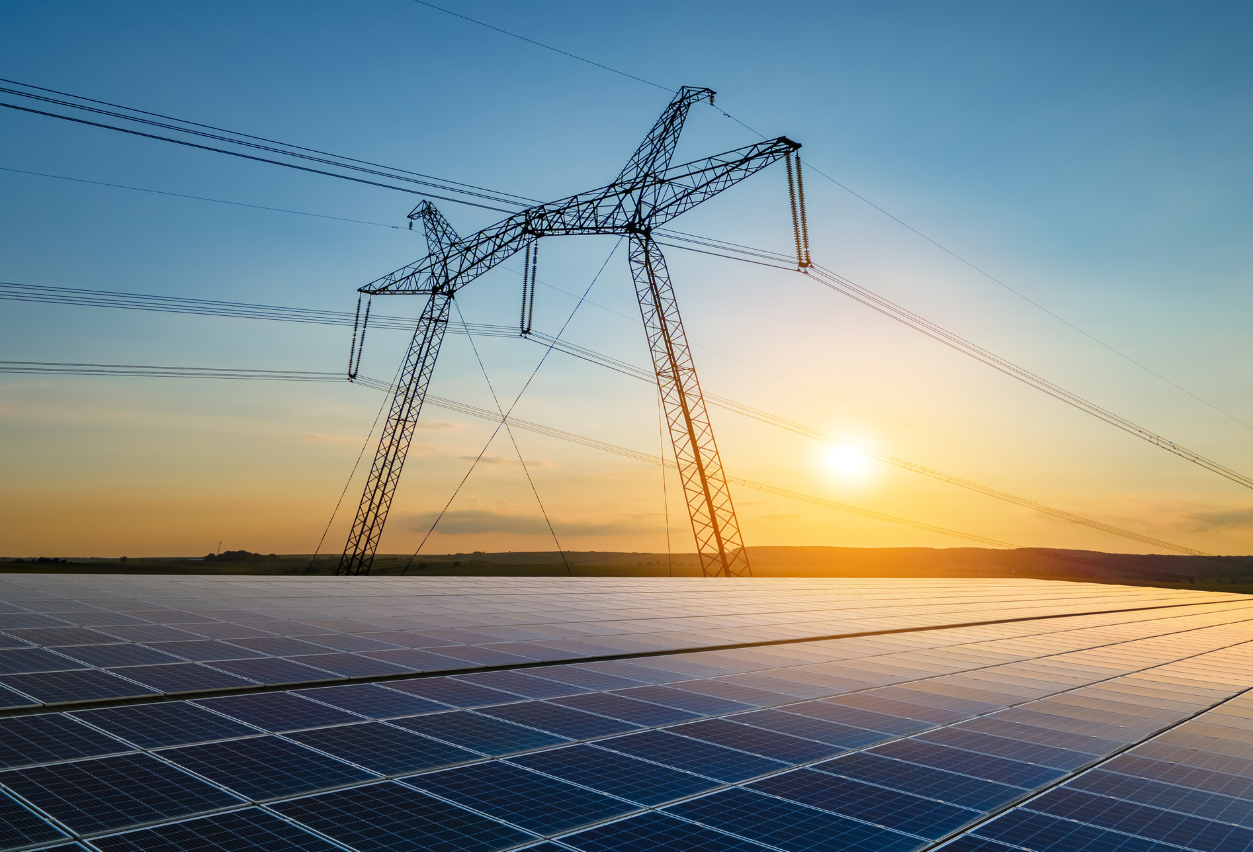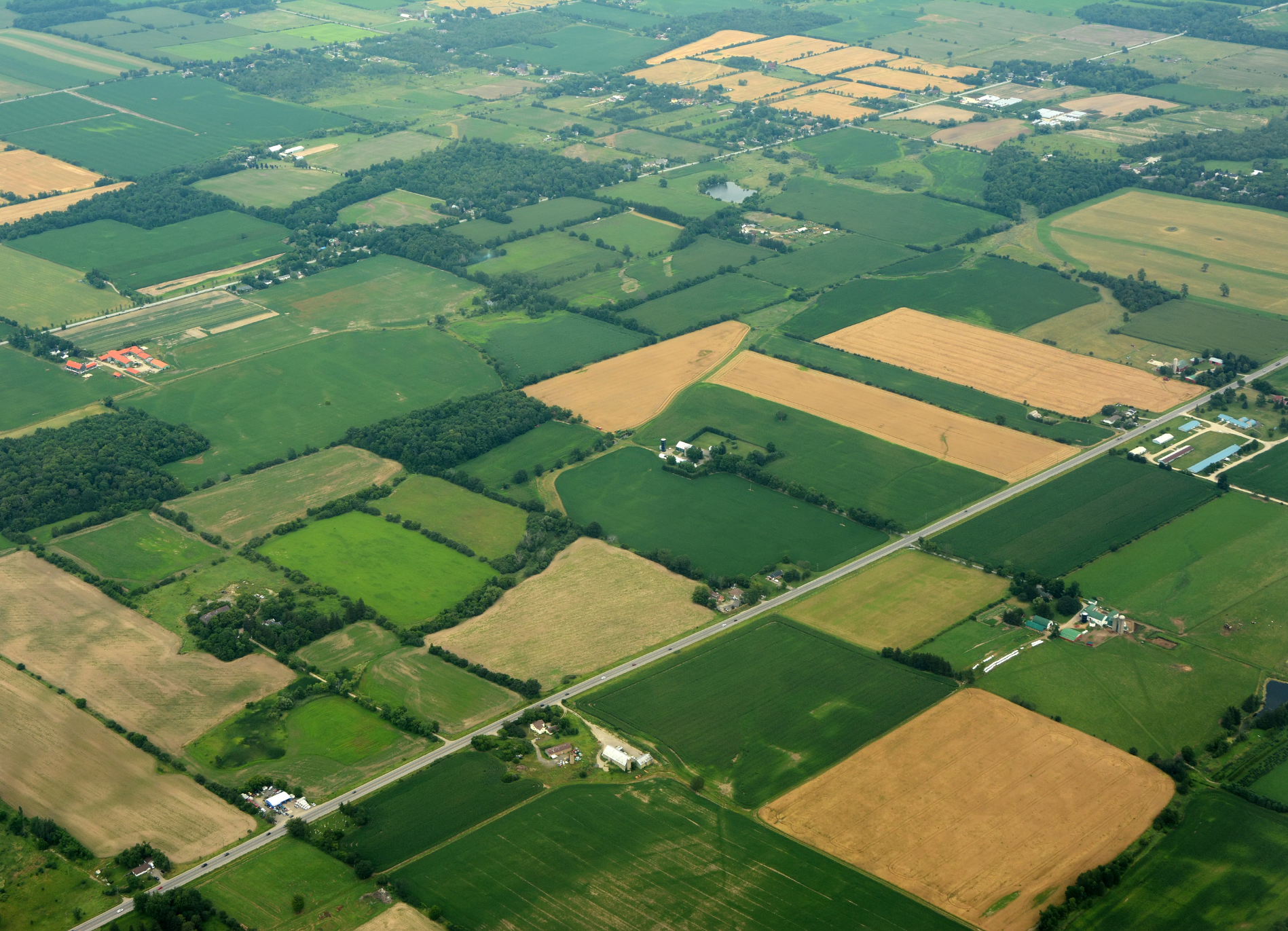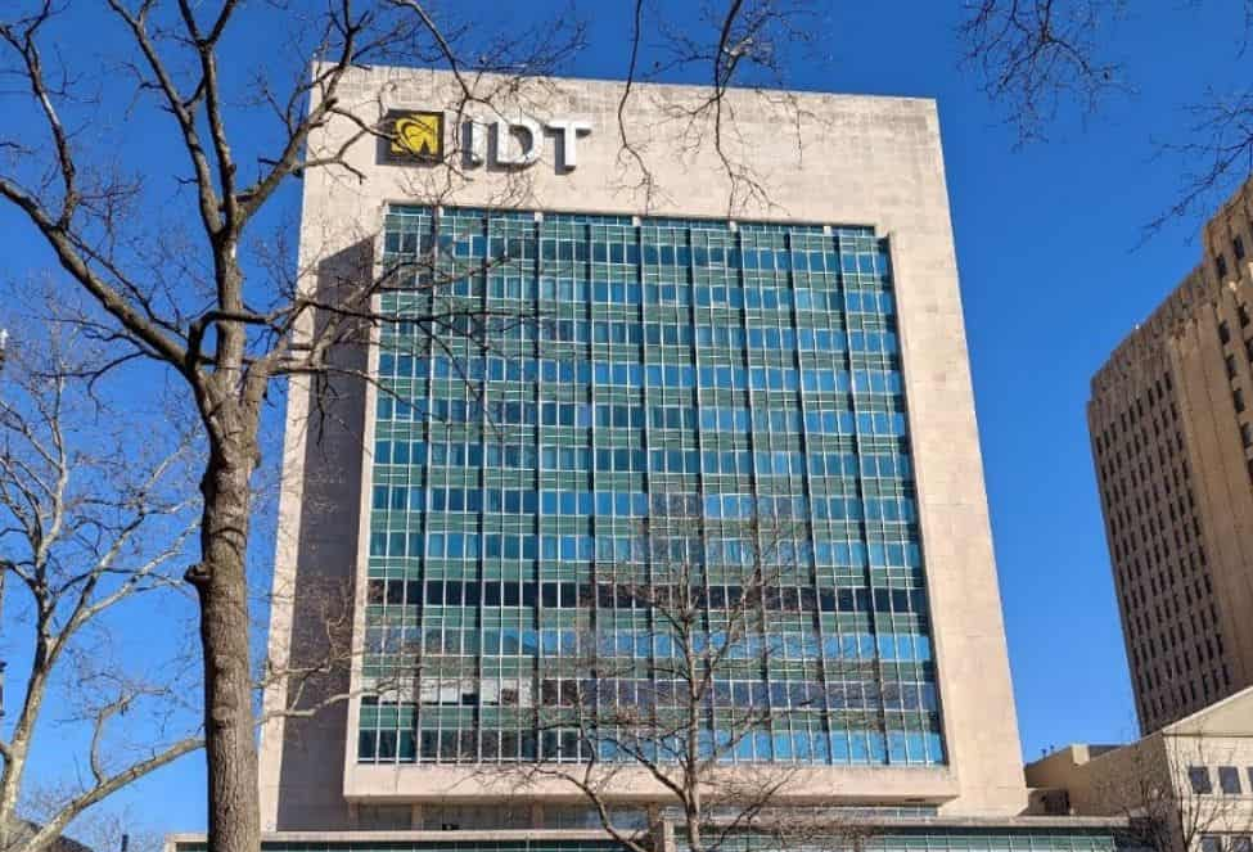Despite the need for clean, renewable energy to combat climate change and enhance decarbonization efforts, there are many objections to solar power and solar land leasing. For large-scale solar development, communities may be concerned about the impact of solar farms on property values, while landowners struggle with its long-term commitments. When analyzing this market, it’s important to separate common solar objections from misconceptions and myths.
In this article, we’ll address the most frequent solar objections and rebuttals, explain the truth behind these concerns, and help landowners determine if a solar lease agreement is the right opportunity for them.
Why Do People Oppose Solar Power?
Despite its financial and environmental benefits, there are still objectors to solar power. Here are a few of the most common solar objections:
Aesthetic Concerns & Property Values
Some communities believe that solar farms are eyesores and could lower property values. In fact, it is quite common to have many local residents opposed to solar farm development in their towns, and most municipalities have strict zoning laws to protect citizens. While studies show no substantial link between solar panel systems and declining property values, this objection continues to be prevalent today.
Environmental & Wildlife Impact
Some solar critics claim that solar project development harms natural wildlife habitats and abuses agricultural land. Since a 1 MW solar farm typically requires 5-8 acres of land, this becomes a growing concern for those looking to preserve open space and wildlife areas. These concerns require solar developers to follow strict environmental guidelines and land-use policies when getting their projects approved.
Grid Reliability & Energy Storage Issues
Another common objection from electrical system operators is that the electrical grid cannot handle the increased, and intermittent supply of solar energy. Since grid operators are tasked with continually keeping energy production and demand in balance, the intermittent nature of solar generation creates real challenges in their daily operations. New regulations such as Do Not Exceed (DNE) in ISO-New England, and curtailment orders in other electrical systems were made to combat the rising increase of solar adoption. These orders restrict solar systems from generating electricity at certain times when the electric system cannot handle the increased output. Battery energy storage is also developing quickly to be paired with solar to help with these concerns.
Why Might Landowners Oppose Solar Leasing and Solar Farms?
Leasing land for solar development is becoming a hot new trend as the demand for renewable energy generation grows. Some landowners, however, are opposed to this new idea for several reasons:
Agricultural Conflicts
Some landowners believe that leasing their land for solar project development means giving up agricultural productivity. It’s important to ensure that the terms of your lease agreement allow for dual land use. This will permit you to graze livestock around the solar panels and continue working on a farm on other parts of the property.
Community Pressure
Some landowners fear pushback from their local community for participating in a solar project development. As we mentioned earlier, certain residents may believe that a solar farm will decrease their property values and will fight the advancement of any solar development in the town. This can put the landowner in a precarious position with his or her neighbors. The flip side of this argument is community solar development, which can directly impact energy prices for residents in the town, allowing energy savings to offset any concerns.
Financial Uncertainty
Some landowners may fear that solar developers might not honor the terms of their solar land lease agreements. Furthermore, if the developer goes bankrupt in the middle of a project, the landowner is left with solar structures on his or her property that need to be removed at a high cost. Comparing solar lease proposals and choosing a reputable solar partner with a track record of success is critical for landowners participating in these projects.
Other Common Solar Objections And Rebuttals
| Objection | Rebuttal |
| Solar farms take up too much land. | When leasing land, it is critical to utilize unused parcels to create additional income. |
| Solar energy is intermittent and unreliable. | Modern grid protocol and solar systems coupled with DC battery storage help to overcome this obstacle. |
| Leasing land for solar is risky. | A well-structured solar land lease agreement provides guarantees from the solar developer. |
| Solar panel production degrades quickly and will not last the entire lease term. | A solar developer with a track record of success will source premium solar panels that are rated to last up to 30 years. |
Thinking Of Signing Up For A Solar Lease?
Genie Solar Energy specializes in solar land leasing and solar farm development, helping landowners secure fair lease agreements with long-term profitability. We pride ourselves on transparent lease terms, competitive per-acre lease rates, and comprehensive project management, from permitting to construction to ongoing maintenance. If you’re considering leasing your land for solar, contact our team of solar development experts today for more information.
